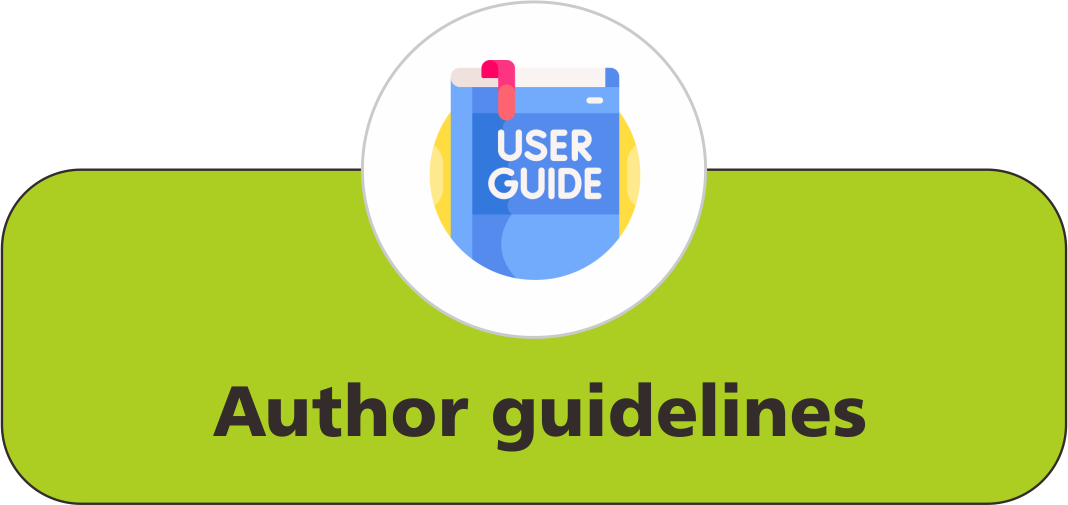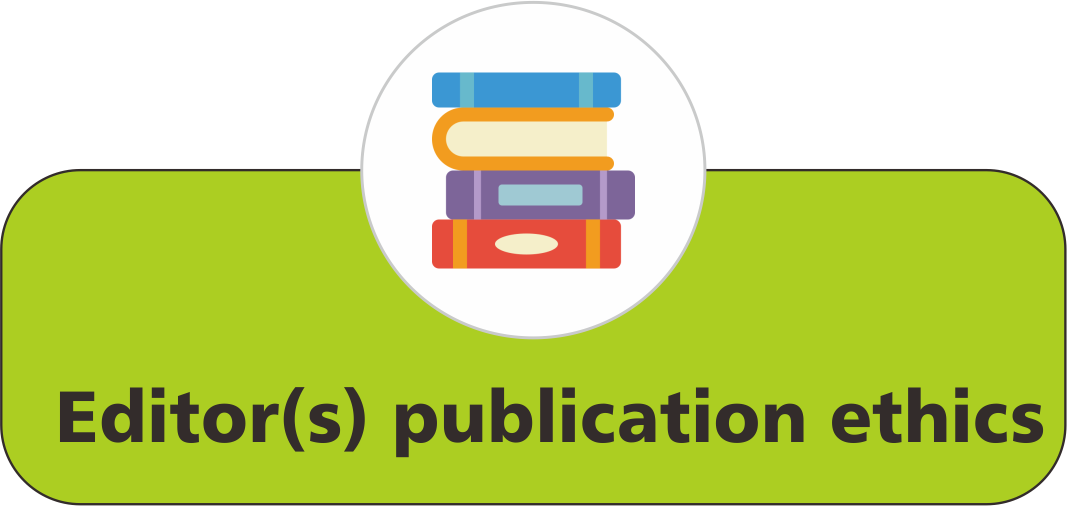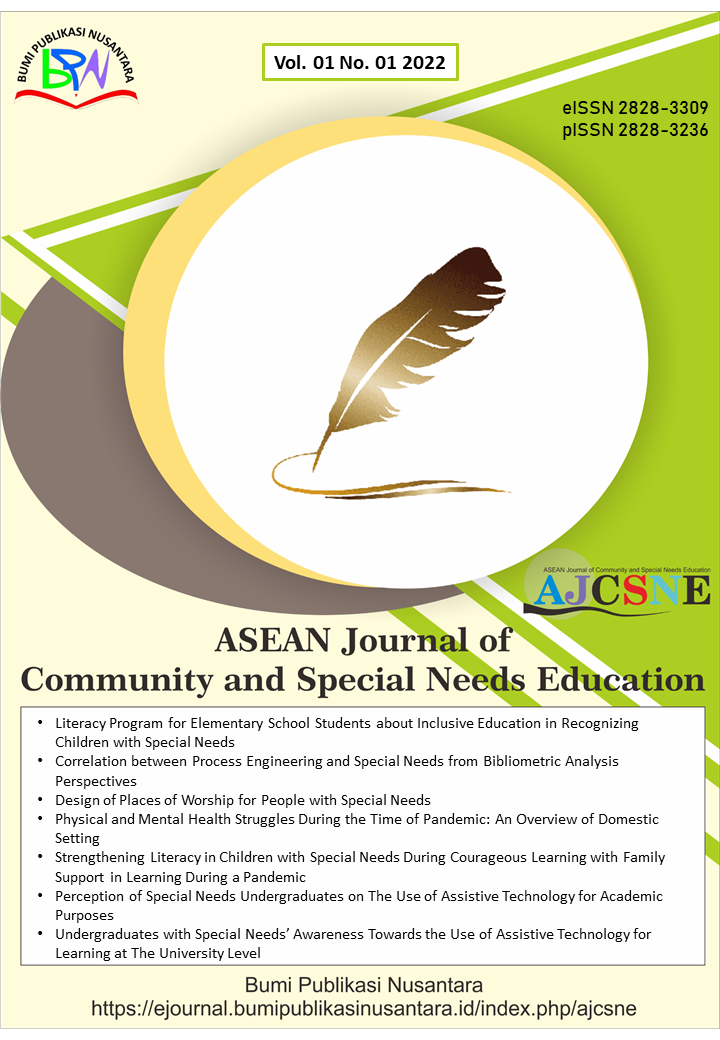Teachers’ Perceived Barriers to Inclusive Education
 ), Olaniyi Bojuwoye(2),
), Olaniyi Bojuwoye(2),
(1) Kwara State University
(2) Kwara State University
 Corresponding Author
Corresponding Author
Abstract
Keywords
References
Adetoye, E. T., and Okediran, B. A. (2019). Inclusive education and social justice in Nigeria. International Journal of Education, Learning and Development, 7(3), 29-41.
Akande, T. A., and Daramola, O. O. (2019). Examining the barriers to implementing inclusive education in primary schools in Lagos State, Nigeria. Journal of Education and Practice, 10(22), 115-122.
Aremu, A. O., and Adepoju, O. R. (2020). Challenges facing teachers in the implementation of inclusive education in Oyo State, Nigeria. European Journal of Education Studies, 7(10), 224-236.
Giangreco, M. F., Doyle, M. B., and Suter, J. C. (2012). Helping or hovering? Effects of instructional assistant proximity on students with disabilities. Exceptional Children, 78(2), 113-132.
Grant, C. A., and Gibson, M. L. (2013). “The path of social justice”: A human rights history of social justice education. Equity and Excellence in Education, 46(1), 81-99.
Polat, F. (2011). Inclusion in education: A step towards social justice. International Journal of Educational Development, 31(1), 50-58.
Article Metrics
Abstract View : 1610 times
: 1610 times Download : 1547 times
Download : 1547 times
Refbacks
- There are currently no refbacks.
Copyright (c) 2023 Bumi Publikasi Nusantara

This work is licensed under a Creative Commons Attribution-ShareAlike 4.0 International License.







